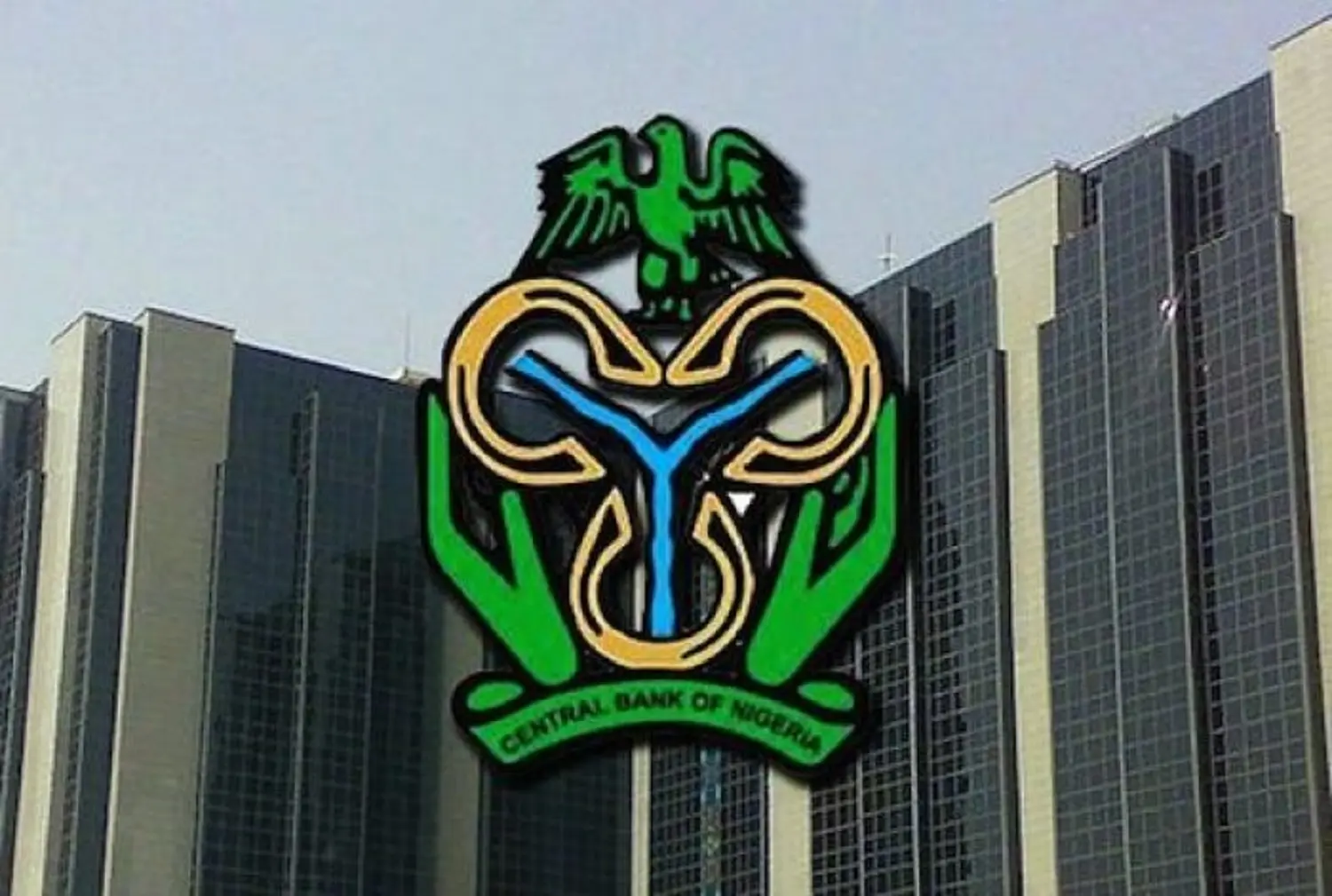
In a recent disclosure by the Central Bank of Nigeria (CBN), foreign firms repatriated a staggering $5.86 billion from the Nigerian economy between October 2022 and March 2023. The details were unveiled in the ‘Economic Report, First Quarter 2023,’ released by the apex bank. The report sheds light on the impact of foreign investments and dividend payments on the country’s primary income account.
Out of the total repatriation, approximately $5.13 billion was attributed to dividends paid out to foreign investors. This influx of capital contributed to a significant widening of the deficit in Nigeria’s primary income account, which surged to $2.69 billion in the first quarter of 2023, compared to $2.26 billion in the fourth quarter of 2022.
The primary income account encompasses various financial aspects, including the compensation of employees and investment income. According to the CBN’s Quarterly Statistical Bulletin (Volume 11, Number 3, September 2022), investment income incorporates accrued income from foreign financial assets and liabilities. This income can encompass profits, interest, dividends, royalties, and even interest and commitment charges on loans, also known as Other Investment Income.
A closer look at the data provided by the CBN reveals that the deficit in the primary income account widened by 18.7 percent in 2023Q1, primarily due to a substantial 34.9 percent increase in investment income payments, reaching $3.09 billion, up from $2.77 billion in 2022Q4. Dividends from direct investments increased by 12.1 percent to $2.71 billion, relative to the $2.42 billion reported in 2022Q4.
Furthermore, interest payments on portfolio investments saw an uptick to $0.09 billion, from $0.05 billion in the previous quarter. Interest earnings on reserve assets also surged by 35.7 percent to $0.20 billion, compared to $0.15 billion in 2022Q4. In contrast, interest payments on loans declined marginally by 0.7 percent to $0.30 billion. The compensation of employees’ account remained in a surplus position, rising by 6.2 percent to $0.06 billion in 2023Q1.
This trend of deficit in the primary income account has historical roots, as revealed by a 2019 report titled ‘Current Account Balance and Economic Growth in Nigeria: An Empirical Investigation,’ obtained from the CBN’s website. The report attributes the continuous deficit to increased debt service payments and the repatriation of dividends, income, and profits by foreign-owned companies. It argues that this outflow of resources is hampering the growth of the domestic economy, as funds that could have been utilized for development are being diverted to service external debts. Additionally, profits that could have been reinvested to stimulate economic activities are being remitted abroad by foreign-owned businesses in Nigeria.
In a related development, a recent report by The PUNCH highlighted that foreign airlines repatriated a substantial $4.66 billion from Nigeria through ticket sales over a span of 15 months. However, these airlines encountered challenges in repatriating their funds due to the scarcity of foreign exchange supply in the country.
Recognizing the issues faced by investors in repatriating their earnings, President Bola Tinubu, in his inaugural address, pledged to address complaints about multiple taxation and anti-investment hindrances. He emphasized the government’s commitment to ensuring that both local and foreign investors can repatriate their hard-earned dividends and profits from Nigeria.
The CBN’s Q1 economic report further disclosed that foreigners began redeeming matured investments in the first quarter of 2023, leading to a reduction in their claims on the Nigerian economy. This capital reversal amounted to $0.78 billion, in stark contrast to an inflow of $1.94 billion in the fourth quarter of 2022. The CBN attributed this shift to reversals in portfolio investments and the withdrawal of foreign currency and deposits from domestic banks.
Uncertainties surrounding the 2023 general elections and the quest for a safer investment haven also played a role in this divestment, as investors sought stability amid the changing political landscape.
These developments underscore the complex dynamics at play in Nigeria’s economic landscape, where foreign investments and repatriation of earnings are intertwined with both opportunities and challenges, ultimately impacting the nation’s economic growth.


Comments are closed.